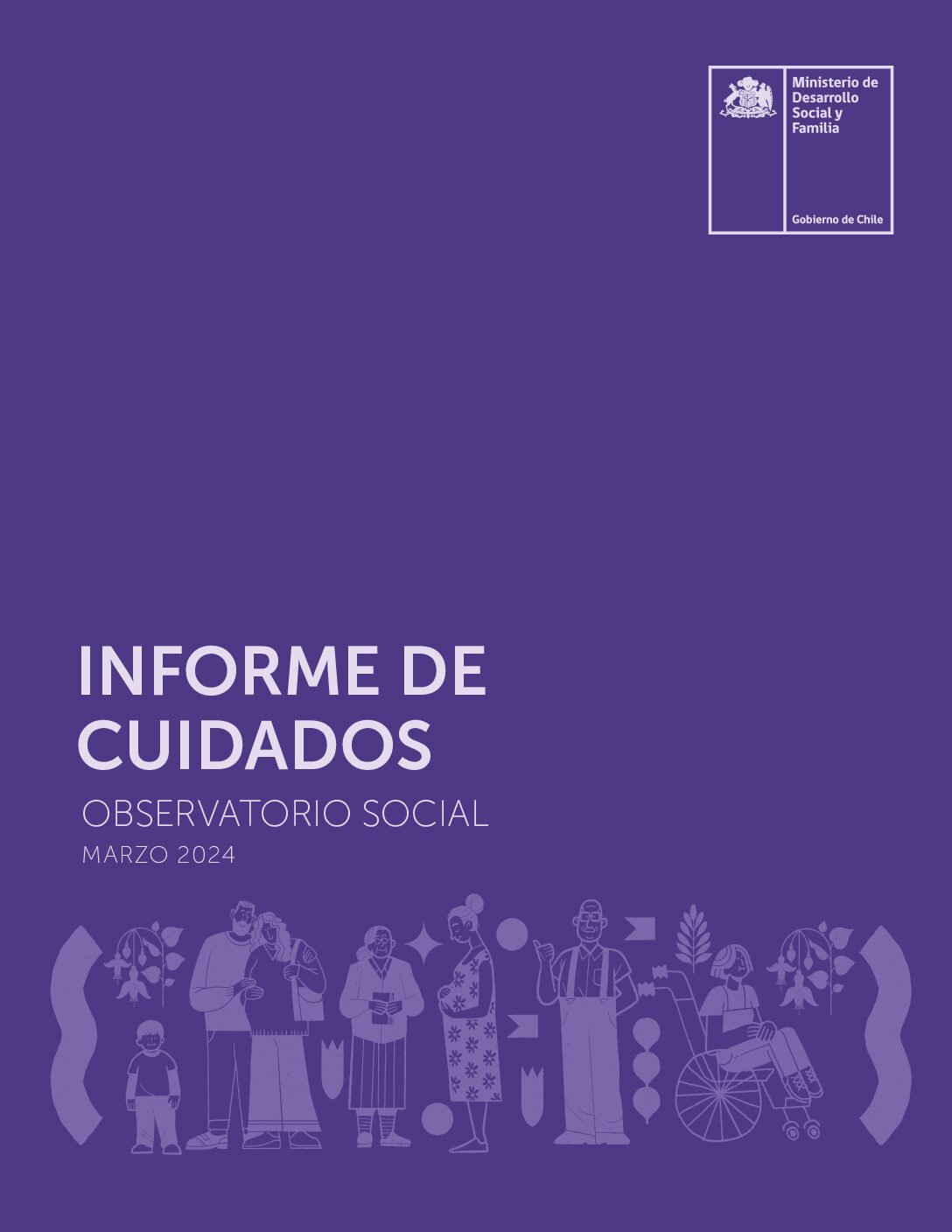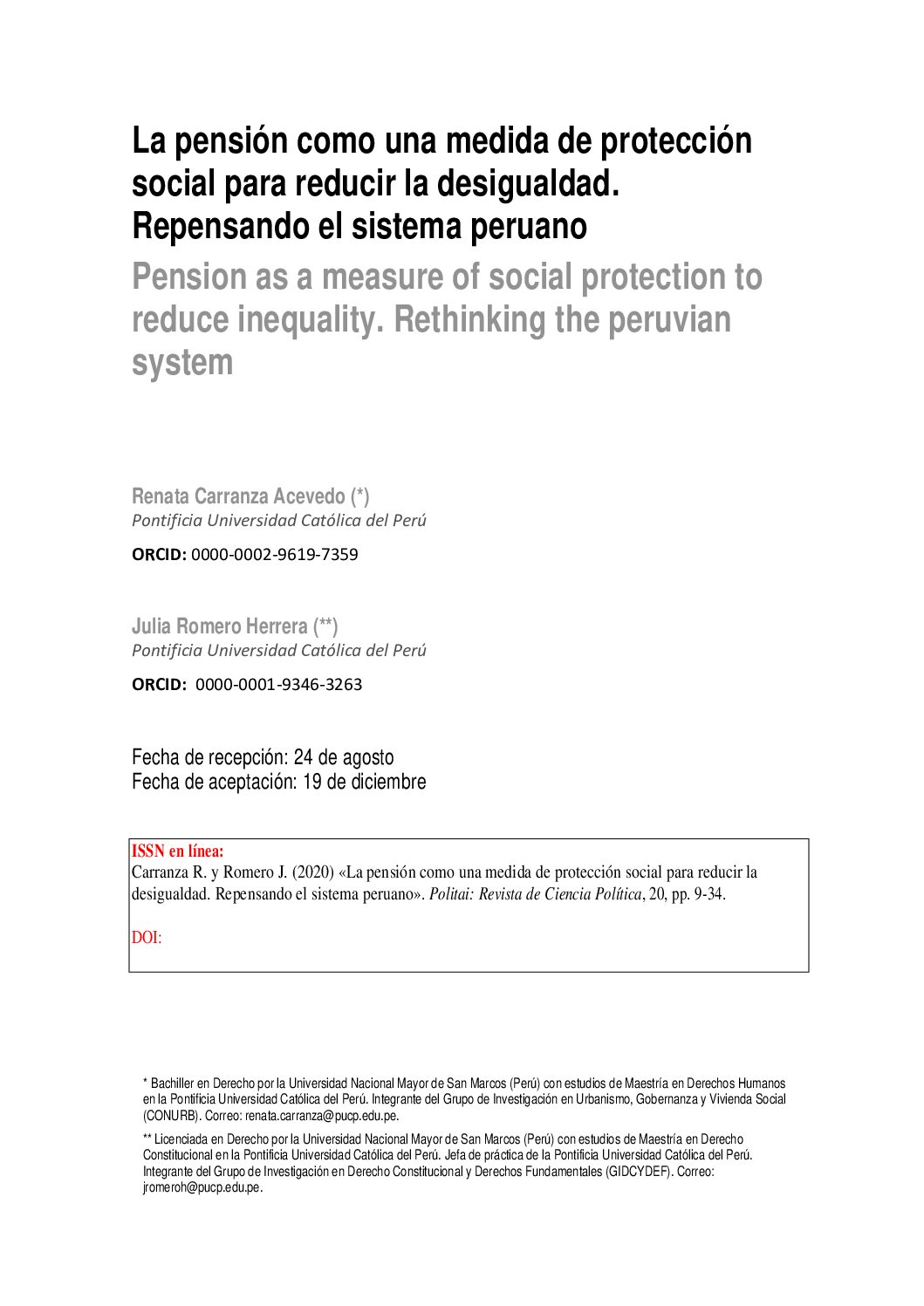Desigualdad intergeneracional y sistemas de pensiones
Por José Manuel GraGera Junco
Este trabajo examina varias teorías de la justicia intergeneracional y sus implicaciones en el ámbito práctico de los sistemas de pensiones. En este contexto, la sostenibilidad del sistema parece estar comprometida a causa de las proyecciones demográficas. Este hecho tiene una incuestionable relevancia para el futuro de este importante servicio público y el compromiso intergeneracional que implica. En este sentido, si un sistema de pen-siones quiere ser justo tiene que mirar en tres direcciones: pensionistas, trabajadores y futuras generaciones. Así, una teoría liberal-igualitaria se vuelve necesaria para compartir los riesgos de shocks demográficos y financieros entre las distintas generaciones y para reducir la desigualdad tanto como sea posible.
Fuente: Isegoria Revistas
249 views










